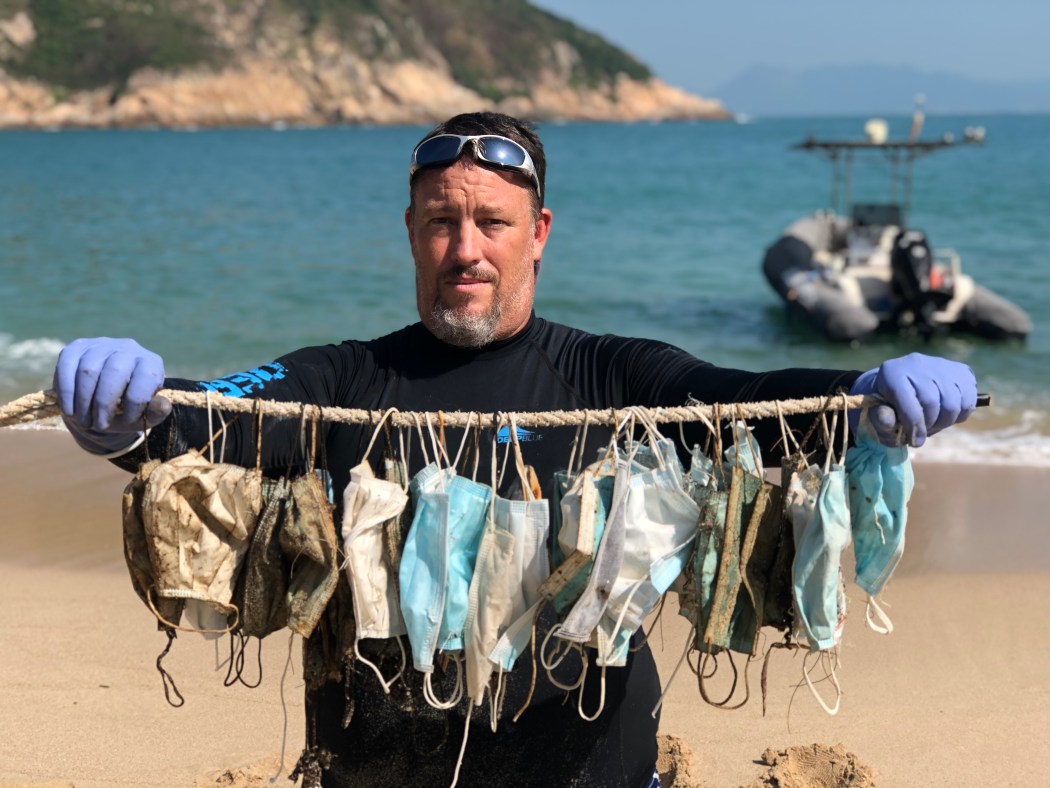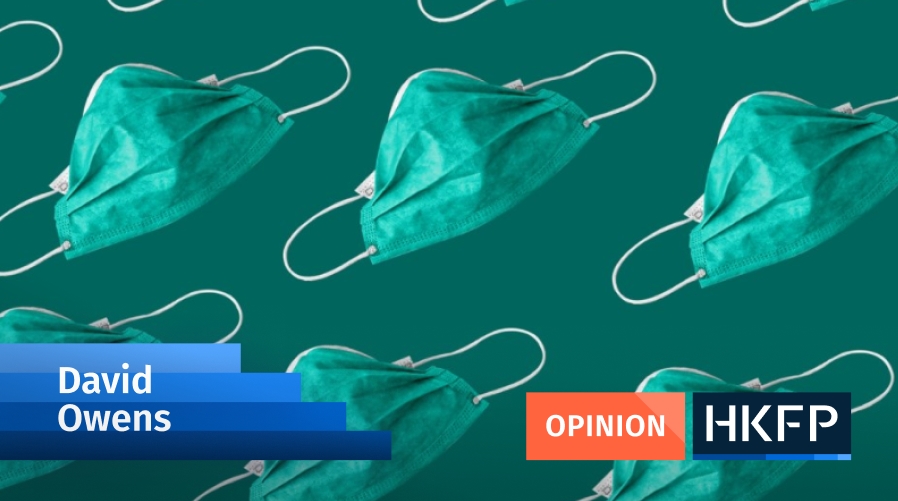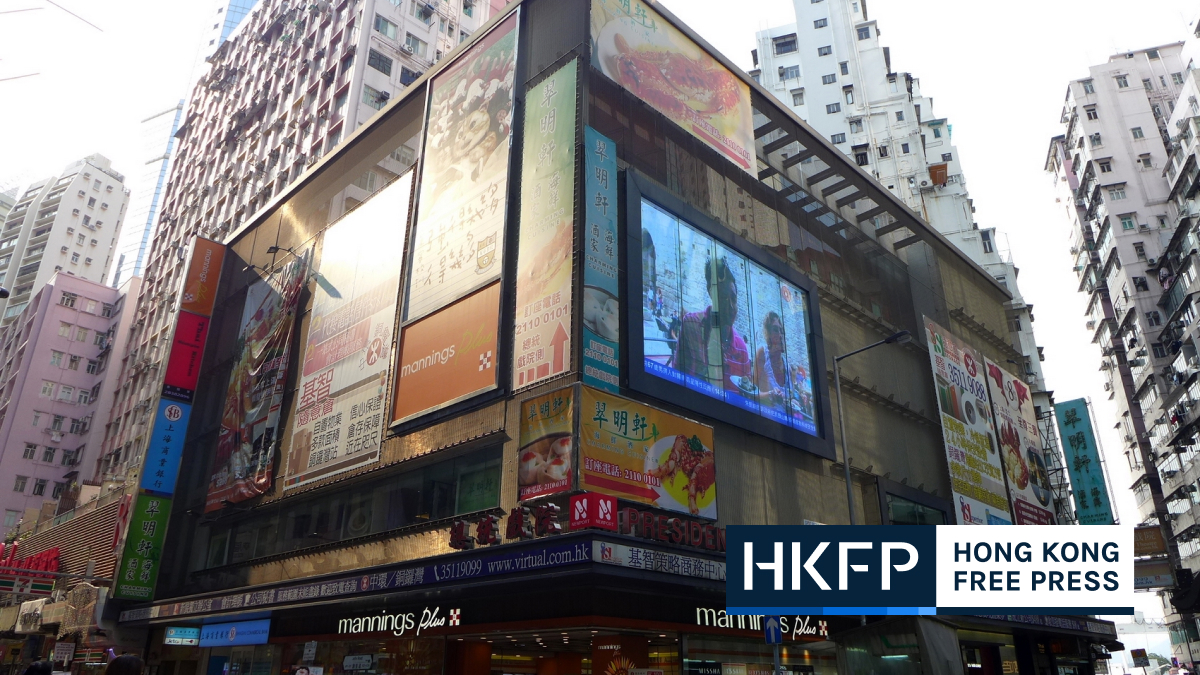An estimated 1.56 billion facemasks ended up in the world’s oceans this year due to the coronavirus pandemic with grave effects on marine life, according to a report by a Hong Kong marine conservation organisation.
OceansAsia this week launched a report entitled Masks on the beach: the impact of covid-19 on marine plastic pollution. It showed that an additional 4,680 to 6,240 metric tonnes of marine plastic pollution would result from the improperly discarded masks.

The pandemic had significantly increased the use of single-use plastics, such as for personal protective equipment, while environmentally friendly policies had been rolled back, the report said.
“Hygiene concerns and greater reliance on take-away food has led to increased use of plastics, particularly plastic packaging,” said Gary Stokes, director of operations at OceansAsia.
“Meanwhile, a number of measures designed to reduce plastic consumption, like single-use plastic bag bans, have been delayed, paused, or rolled back.”
According to the report, the masks could take as long as 450 years to break down and even then the microplastics would harm marine wildlife and the ecosystem.

“Plastic pollution kills an estimated 100,000 marine mammals and turtles, over a million seabirds, and even greater numbers of fish, invertebrates and other animals each year,” Stokes said. “It also negatively impacts fisheries and the tourism industry, and costs the global economy an estimated US$13 billion (over HK$100 billion) per year.”
The report suggests more usage of reusable masks, and urges governments to speed up the development of alternatives to single-use facemasks, educate the public about proper disposal and repair waste management systems to reduce spillage.
“It is critical that we work to reduce our use of single-use plastics, and we all have a role to play,” said Teale Phelps Bondaroff, the director of research at OceansAsia.
Support HKFP | Policies & Ethics | Error/typo? | Contact Us | Newsletter | Transparency & Annual Report | Apps
Help safeguard press freedom & keep HKFP free for all readers by supporting our team















